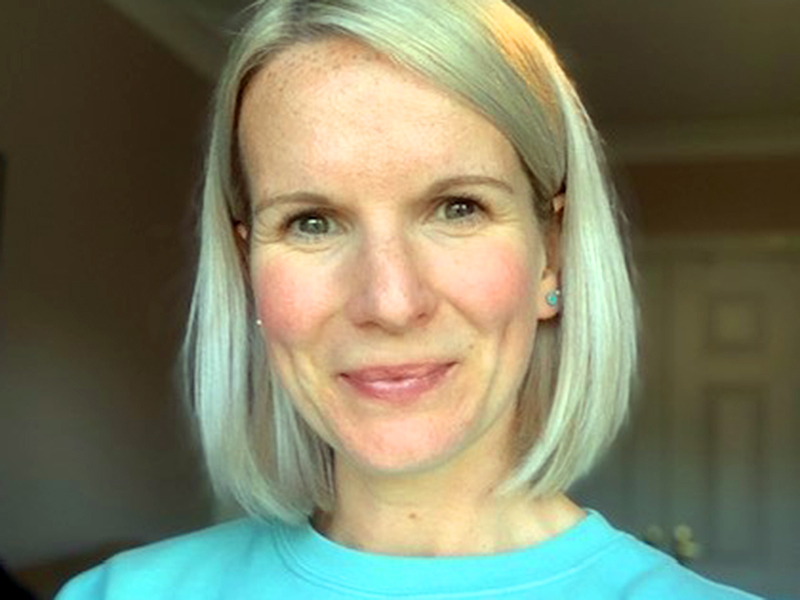Emma Jackson: to our collective shame, too many disabled people are struggling - but is doesn't have to be this way
Undoubtedly, one of the casualties of enduring austerity is the erosion of our social security system to act as a safety net.
Gaping holes have formed with hundreds of thousands across Scotland falling through the gaps. And while anyone can experience harm from this, it’s alarming to see the disproportionate affect that this is having for disabled people.
Rising levels of inequality and poverty have been sounding the alarm for some time. Poverty rates have worsened for disabled people in Scotland, with half (51%) of all people in poverty living in a household with at least one disabled member. 70% of all Trussell Trust food bank users have a disability or long-term health condition. Coupled with rhetoric and language in the public square that all too often sets out to villain-ise, disabled people are increasingly reporting hate and abuse. Against this backdrop, it’s increasingly hard not to conclude that this is destitution and de-humanisation by design.
Almost two thirds of everyone seeking advice from a local CAB has a disability or long-term health condition. Yes, there are many reasons why a person might need advice, but we can’t ignore the structural and systemic issues that this points to. Disabled people are seeking advice for multiple issues; food insecurity, energy debt, social security, housing. Cases are complex. For those seeking advice on the Adult Disability Payment (ADP), almost 60% live in the most deprived communities in Scotland, reinforcing the long-demonstrated relationship between disability and poverty.
All too often people report that claiming for disability related social security is complicated, overwhelming and exhausting. Taking up time and energy. Many talk to CAB advisers about the stigma and shame they feel, describing a sense that needing this help means they’ve somehow ‘failed’.
The cost of living crisis has been devastating for many disabled people. Rising prices have put extraordinary pressure on budgets that in many cases were already unable to meet the additional costs of being disabled. Energy bills have been the most harmful, with analysis at CAS revealing approximately 40,000 disabled people in Scotland skip meals or go without so essential devices like scooters or wheelchairs could be charged. Throw into the mix a crisis in social care, where disabled people find it increasingly difficult to access the social care needed to live independently, or to go to work or university. Being robbed of dignity with smaller care packages or paying more than is affordable, which often means being pushed into debt.
To our collective shame, this is the tide that far too many disabled people are endeavouring to stay afloat in. But it does not have to be this way. We can choose equity. We can design not just social security, but all of our structures and systems to provide the dignity and independence that disabled people have the right to.
Perhaps our best shot at this is through a Minimum Income Guarantee. A simple but transformational idea: an assurance that no one will fall below a set income level that would allow everyone to live a decent life.
Delivered through reform to services, changes to the world of work, and improvements to social security, including a targeted payment for anyone that falls beneath the Minimum Income Guarantee level. To enable participation and flourishing. For everyone.
Emma Jackson is the strategic lead for social justice at Citizens Advice Scotland.
This article originally appeared in the Herald.







